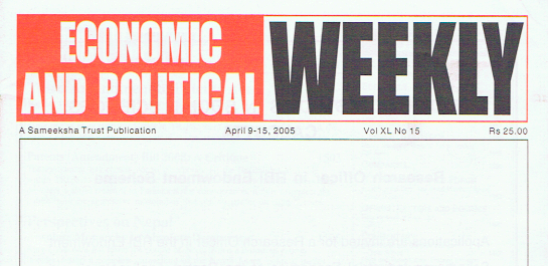Challenges To India’s Pharmaceutical Patent Laws, Science Policy Forum
Briefing Memo: Risks Of The Trans-Pacific Free Trade Agreement For Access To Medicines – Analysis Of The Leaked U.S. Paper Eliminating Patent Pre-Grant Opposition
A leaked U.S. paper recently circulated to countries negotiating the TransPacific Partnership Agreement (TPPA) outlines the U.S. argument for eliminating “pre-grant opposition,” an important tool for preventing patent applicants from gaining patent monopolies based on weak or erroneous information, for improving the quality and efficiency of patent office examinations, and for safeguarding access to medicines.
Searching for Transparency: Improving Patent Information to Increase Access to Medicines
The ability of developing and least-developed countries to procure affordable generic medicines continues to be hampered by a lack of transparency in patent information. While there has been an increase in electronic patent information since TRIPS, much more still needs be done.
Expert Review Of Drug Patent Applications: Improving Health In The Developing World
Engaging outside experts in patent review could curtail the granting of unmerited patents, which can lead to high prices for essential drugs in resource-poor countries.
India’s Patent Act On Trial
In May 2006, Novartis challenged India’s standard for patentability of an invention as being unconstitutional and not in compliance with the WTO’s TRIPS Agreement. The outcome of the case is likely to have major implications for many developing countries.
Data Exclusivity – The Impact of Article 39.3 in India: A Practical Perspective
Using examples of medicines that are already on the market, and some which do not yet have marketing approval in India, we attempt to demonstrate how the current proposal of a three-year data exclusivity period would impact access to these medicines.

A Critique of Patents (Amendment) Bill 2005
Gopakumar and Amin, Economic and Political Weekly
Implications of India’s New Patent Law
On 23 March, the Indian Parliament passed a new Patents Act, which brought the country into compliance with its WTO obligations. Heavily politicised amendment negotiations secured the continuation of pharmaceutical exports to least-developed countries, as well as the right to oppose patent applications on a number of grounds. However, some flexibilities under the TRIPS Agreement…